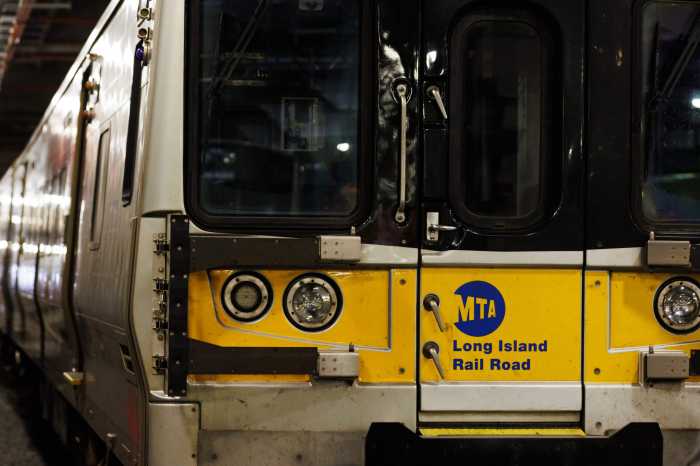Afghanistan’s new Taliban rulers said on Tuesday all foreign evacuations from the country must be completed by Aug. 31, and the White House said U.S. President Joe Biden is aiming to stick to the date due to the mounting threat of militant attacks.
But Biden has left open the chance of the deadline being extended, the White House said, and has asked the Pentagon and the U.S. State Department to develop contingency plans should that prove necessary.
Biden spoke on Tuesday with leaders of the G7 major industrialized nations – Britain, Canada, France, Germany, Italy, and Japan, telling them that completing evacuations by Aug. 31 is dependent on continued cooperation with the Taliban, including continued access for evacuees to the airport in Kabul.
Biden also told G7 counterparts that each day on the ground in Afghanistan brings added risk to U.S. troops from an attack by Islamic State militants, according to the White House.
The developments follow what two U.S. officials said was a meeting between CIA Director William Burns and Taliban leader Abdul Ghani Baradar in Kabul on Monday to discuss the chaos in Afghanistan after the Taliban’s unexpectedly swift takeover.
Biden, who said last week troops might stay past Aug. 31 to evacuate Americans, will follow a Pentagon recommendation to remove the troops by that date as long as the Taliban enables the U.S. to complete its evacuations, three U.S. officials said.
Two U.S. officials, speaking on condition of anonymity, said there was growing concern about suicide bombings by Islamic State at the airport, which has been overwhelmed by Afghans and foreign citizens rushing to leave, fearing Taliban reprisals.
One U.S. official said it was no longer a question of if, but when, militants would attack and the priority was to get out before it happened.
The hardline Islamist Taliban told the thousands of Afghans crowding into the airport in the hope of boarding flights that they had nothing to fear and should go home.
“We guarantee their security,” Taliban spokesman Zabihullah Mujahid told a news conference in the capital, which Taliban fighters seized on Aug. 15 from the Western-backed government after most foreign forces withdrew following two decades of war.
As he spoke, Western troops were working frantically to get more foreigners and Afghans onto planes and out of the country.
Mujahid said the Taliban had not agreed to an extension of the Aug. 31 deadline and called on the United States not to encourage Afghan people to leave their homeland. He also urged foreign embassies not to close or stop work.
U.N. human rights chief Michelle Bachelet said she had received credible reports of “summary executions” of civilians and Afghan security forces who had surrendered. The Taliban has said it will investigate such reports.
Some Democrats in the U.S. Congress argued that the evacuations must be completed regardless of the target date.
“To me, the mission of evacuating personnel takes priority over deadlines,” said Representative Jake Auchincloss, a former Marine who commanded infantry in Afghanistan.
Auchincloss spoke to reporters after a classified briefing for members of the House of Representatives by Secretary of State Antony Blinken, Director of National Intelligence Avril Haines, Defense Secretary Lloyd Austin and Joint Chiefs of Staff Chairman Mark Milley.
The G7 leaders on Tuesday said they would remain committed to Afghanistan and back the United Nations in coordinating immediate humanitarian help in the region, which faces a new influx of refugees.
The talks did not result “in new dates” for the end of the evacuation mission, German Chancellor Angela Merkel said, though there were intensive discussions on whether a civilian-operated airport in Kabul could be used after Aug. 31.
The leaders agreed on the need to press the Taliban to allow people to leave after Aug. 31, Canadian Prime Minister Justin Trudeau said.
Countries that have evacuated nearly 60,000 people over the past 10 days were rushing to complete the job, a NATO diplomat told Reuters. “Every foreign force member is working at a war-footing pace to meet the deadline,” said the official, who declined to be identified.
The U.S.-backed government collapsed as the United States and its allies withdrew troops two decades after they ousted the Taliban in the weeks after the Sept. 11, 2001 attacks on the United States by al Qaeda militants, whose leaders had found safe haven in Taliban-ruled Afghanistan.
Leaders of the Taliban, who have sought to show a more moderate face since capturing Kabul, have begun talks on forming a government that have included discussions with some old enemies, including former president Hamid Karzai.
The Taliban appointed a former Guantanamo detainee, Mullah Abdul Qayyum Zakir, as acting defense minister, the Qatari-based Al Jazeera news channel said, citing a source in the Islamist movement. Some former Afghan government officials say they have been ordered back to work.
Many Afghans fear reprisals and a return to a harsh version of sharia (Islamic law) that the Taliban enforced when in power from 1996 to 2001, in particular the repression of women.
Taliban spokesman Mujahid said there was no list of people targeted for reprisals and the group was trying to come up with a procedure so women could return to work.
Bachelet said the United Nations would be watching closely.
“A fundamental red line will be the Taliban’s treatment of women and girls,” she told an emergency session of the U.N. Human Rights Council in Geneva.
The G7 leaders were expected to consider whether to recognize a Taliban government, or alternatively renew sanctions to pressure the movement to comply with pledges to respect women’s rights and international relations.
“The G7 leaders will agree to coordinate on if, or when, to recognize the Taliban,” said one European diplomat.
British Prime Minister Boris Johnson said after the talks that if huge funds for Afghanistan were going to be unfrozen, the country could not be a breeding ground for terrorism.
The Executive Director of the World Food Programme, David Beasley, said the politics needed to be decided fast because the combination of conflict, drought and the COVID-19 pandemic meant that 14 million Afghans could soon face starvation.
In Moscow, Russian Foreign Minister Sergei Lavrov said the Kremlin was interested in serving as a middleman in resolving the crisis along with China, the United States and Pakistan.
At the same time, he said, Russia opposes the idea of allowing Afghan refugees to enter the former Soviet region of Central Asia or having United States troops deployed there.
“If you think that any country in Central Asia or elsewhere is interested in becoming a target so that the Americans could fulfil their initiatives, I really doubt anyone needs that,” Lavrov said during a visit to Hungary.
Reuters






























